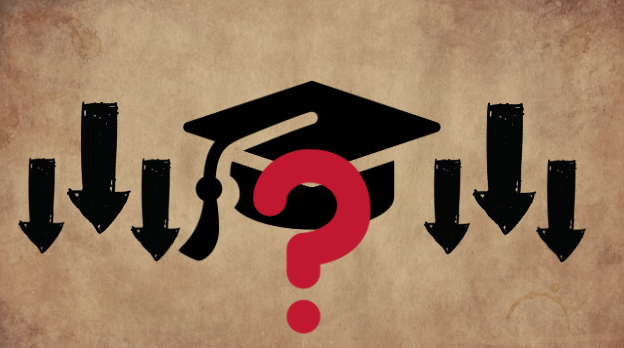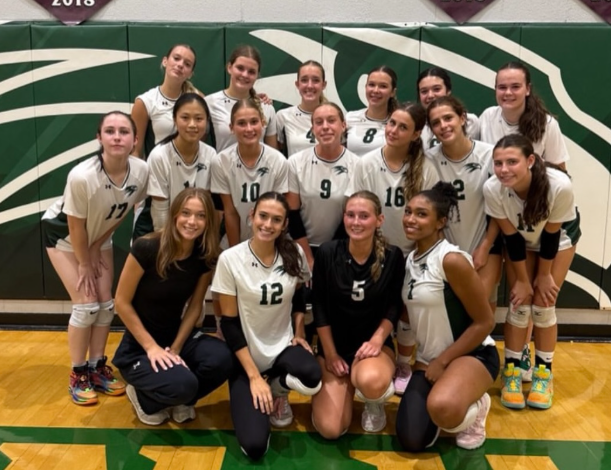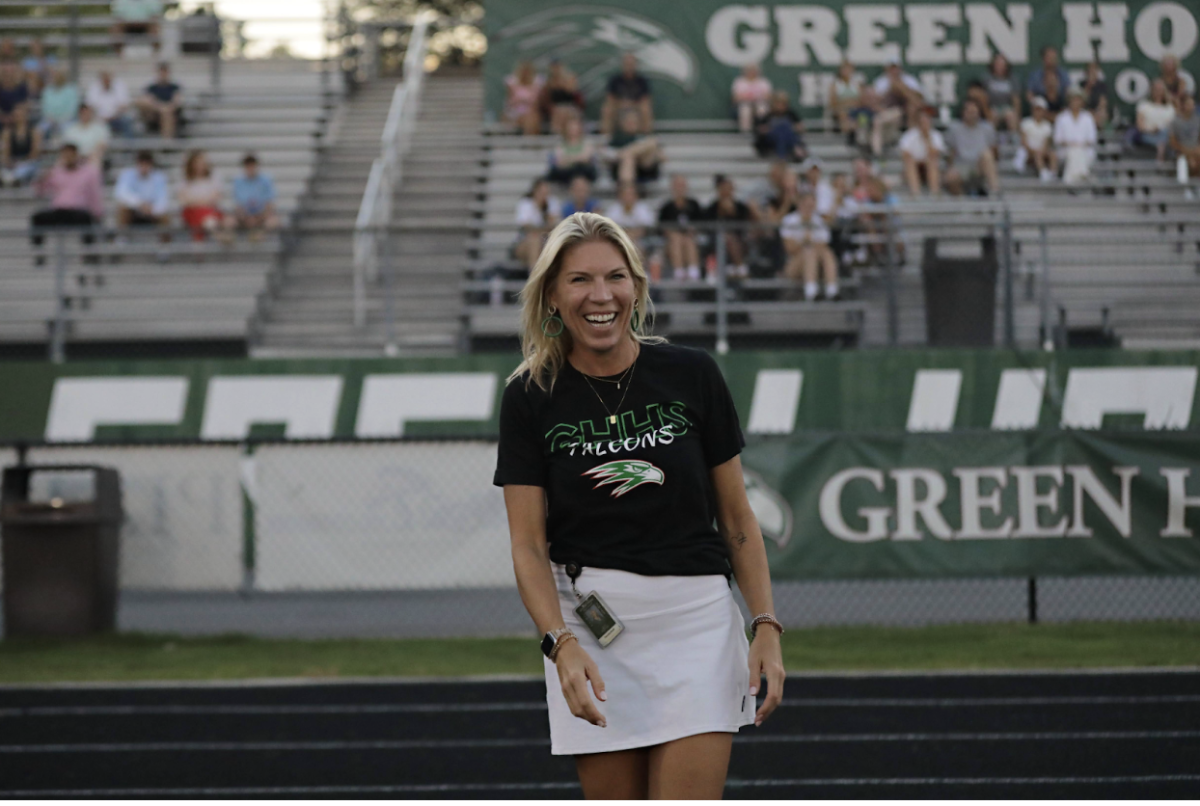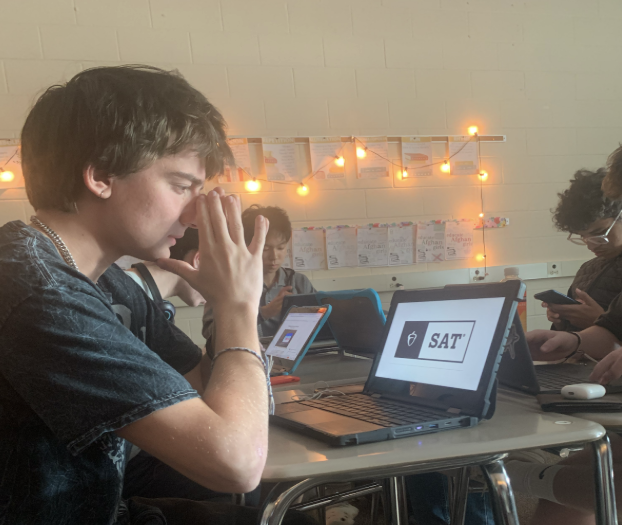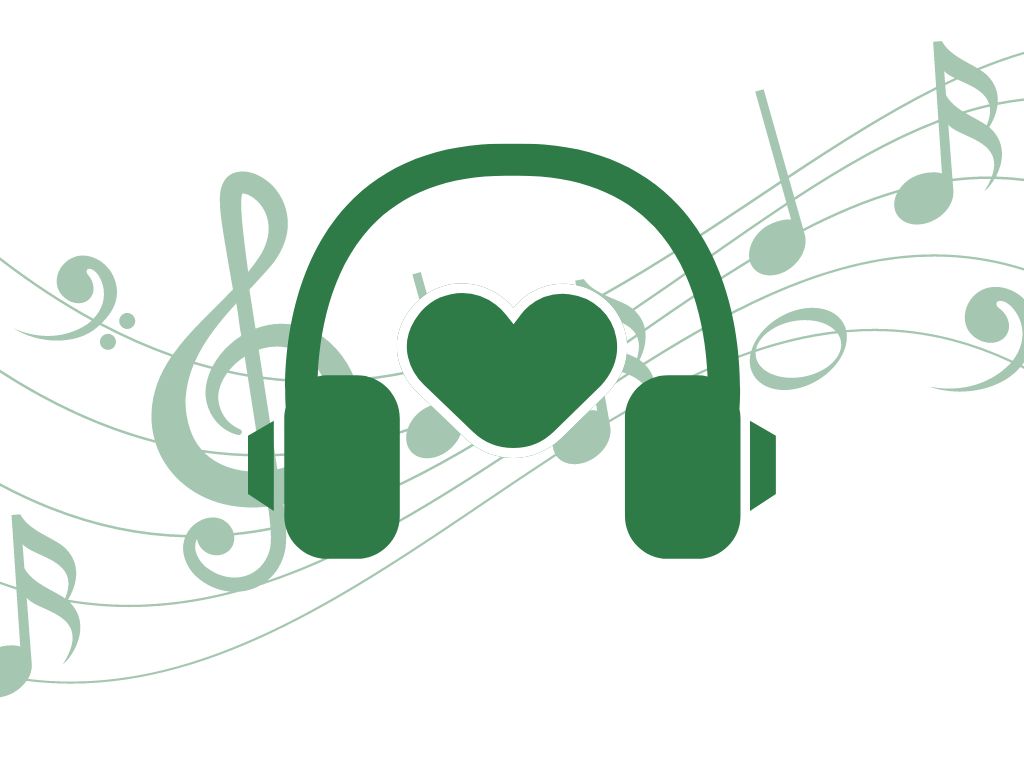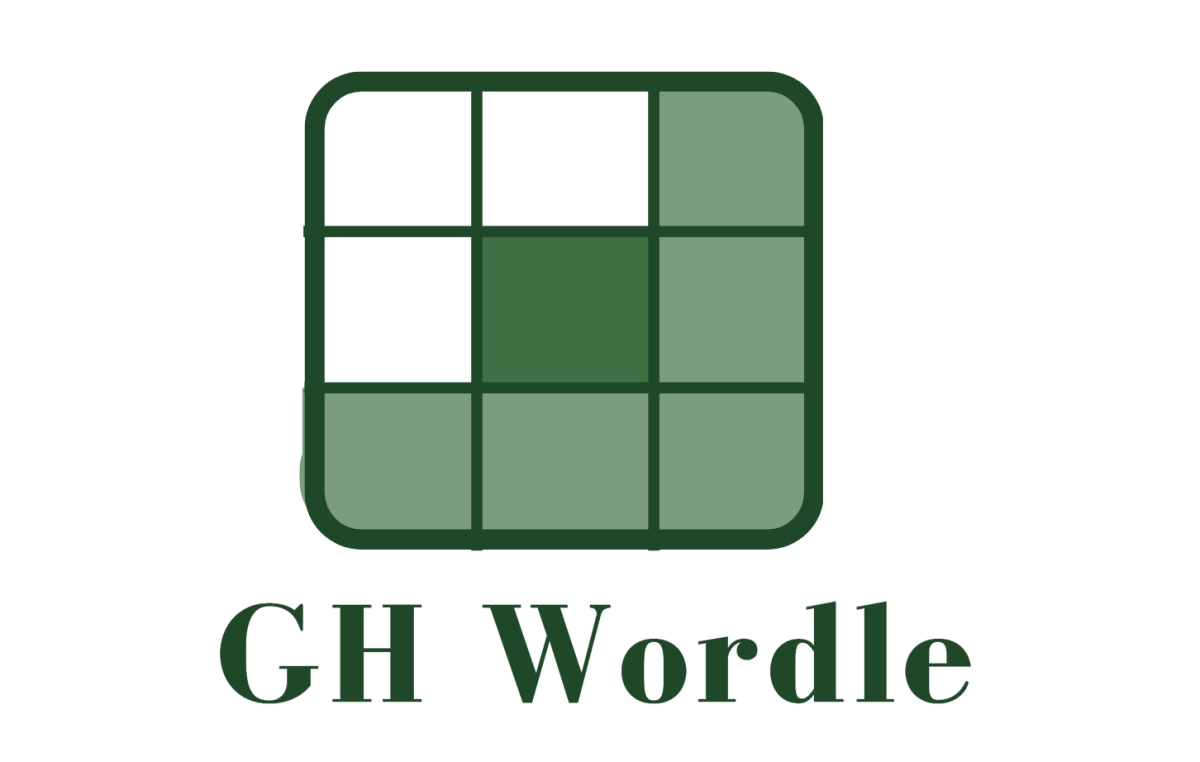Between July 2023 and June 30, 2024, North Carolina banned 61 books from schools. This number has the potential to increase in 2025 as North Carolina’s Senate is working to pass House Bill 636, a bill that increases regulation on the books in classrooms and school libraries. Educators and parents alike have concerns about the precedent it sets: students do not have complete freedom when it comes to selecting the media they wish to consume.
Filed on April 1, 2025, the bill looks to require both teachers and librarians to document the media in their libraries on a website and submit any new additions to a community library committee for review; however, it is only in the Senate and has not yet been adopted as a law.
After a piece of media is reviewed, the recommendation would then go to the governing body of the district for approval or denial. Additionally, a form must be included on the catalog website to allow parents the ability to approve or deny the addition of any media. These regulations aim to reduce children’s exposure to “inappropriate” content; however, this term is not clearly defined.
Bill 636 requires that any new addition to a library must meet the following requirements: “high standards in literacy, artistic, and aesthetic quality,” “is appropriate for the age, grade level, intellectual development, and ability level of the students,” no vulgar language or sexual content, “balances financial cost with need,” and complies with the Children’s Internet Protection Act. Terms such as “high standards” and “appropriate” are not measurable, meaning that whether or not the addition meets such requirements is up to the discretion of the community library committee.
This community library committee would consist of ten members– five parents and five district employees– each appointed by the local superintendent. The method of appointing committee members also raises concerns, specifically about the possibility of censorship. In theory, a superintendent could place only those with similar beliefs on the committee, leading to any books that oppose their views being banned. While this is a concern, there is no guarantee that the system will be abused in such a way.
Another key component of the bill is the media it encompasses. Although many consider libraries as solely houses of books, the North Carolina General Assembly broadens this definition. The process for approval outlined in House Bill 636 applies to all media, including art, videos or films and any visual or written stories. Librarians and teachers will have to catalogue all of these forms of media– not just books– significantly lengthening the process.
Despite it not being an official law, parents and teachers already have concerns about the ideas proposed in House Bill 636. Censorship, lack of individual choice and tedious work for educators are just a few of the implications of the law that are causing worry. Retired North Carolina educator and parent, Jayne Jennings, and current librarian, Lisa Sawyer, shared their thoughts on the bill.
After 30 years as a North Carolina educator, Jayne Jennings has witnessed the impacts of banning books firsthand. She described how a majority of the parents who are interested in restricting access to certain books have “very narrow […] world views and aren’t interested in wider world views and open-mindedness.” She worries that this common point of view, combined with House Bill 636, will result in children being robbed of diverse pieces of literature. This, in turn, will also impact students’ critical thinking. If the bill gets passed, “[It becomes] impossible [for students] to do their own critical thinking and form their own point of view because they have to be exposed to different ways of thinking […] to be able to form really solid points of view of their own.” Jennings believes this is one of the many negative consequences that may stem from House Bill 636 becoming law.
Additionally, Jennings argues that giving parents the power to restrict books for all children is unfair and undermines the librarians and teachers who have received education specifically related to age-appropriate text selection. However, she realizes that the ability of parents to voice their concerns on school media is not new. While it may seem as though this bill provides parents a new opportunity to stay involved in their children’s lives, historically, parents have spoken to teachers and principals about their issues.
Giving parents such a large amount of power through the committee proposed in House Bill 636 not only makes it seem like their involvement is revolutionary, but also implies that the teachers and librarians are not qualified. “We’re trained in knowing which books are appropriate for students. That’s one of the things we go to school for,” explained Jennings. She emphasized the need for parents to trust the decisions made by teachers since they have had years of education that taught skills such as how to select age-appropriate media, training that parents have not received. She argues that since they lack such training, parents should be able to choose which books their own children are allowed to read, but not determine the books available to all students.
Lisa Sawyer, a librarian in Hertford, NC, also foresees issues arising if House Bill 636 were to become law. In her library, she works to excite a love of reading and make all her students feel seen. She often decorates the library and dresses up in costumes to pique the interest of her students. Additionally, she spends large amounts of time ensuring that her collections are representative of all students, so each and every one can feel acknowledged.

Sawyer worries that this law may result in the diversity she strives to create being lost due to committee restrictions. “There is a real risk that students, especially those from minority or marginalized groups, may lose access to books that reflect their identities and experiences.” Since only ten objections are needed for a selection to be reconsidered, she fears political groups or other activist groups may band together, resulting in media that reflects other conflicting beliefs being removed. “Placing stricter control over library collections, with the risk of political groups influencing which books are available, defeats the purpose of libraries offering equitable collections to patrons of differing backgrounds,” argued Sawyer.
While Sawyer believes the bill is not intended to purposefully harm students and does have benefits, such as increased community involvement, the potential risks are not to be underestimated. Originally, she was not very concerned about the bill due to the possibility of collaboration between schools and other community members, but after closer observation, she does fear the possibility of censorship. The use of vague terms such as “pervasively vulgar” also raises concern, as the lack of specificity may lead committee members to disagree on what falls within such categories.
Additionally, Sawyer argues that by requiring librarians to catalog all their media, they will be confined to keeping records rather than interacting with students. “Choosing new books and maintaining collections can be slowed down due to committee reviews, public notices, and the risk of objections or legal challenges. This may cause librarians such as myself to spend more time managing procedures instead of helping students learn and explore.” She also noted that when General Statute 115C-98.1 required teachers to catalog their classroom libraries, nearly identical to the procedures outlined in House Bill 636, there was opposition. “Many threatened to eliminate all of their books due to the amount of time it would take to put their copious collections into the spreadsheet,” described Sawyer. With the bill requiring such catalogs along with a form allowing parents to object and the creation of community library committees, it is likely that even more opposition will be voiced by educators.
To summarize her view on the bill, Sawyer stated, “While I believe that the intent is to influence the environment and culture of school libraries positively, I fear that excessive regulation can have a negative impact.” To her, librarians are advocates for intellectual freedom and have the judgment necessary to select books that are both appropriate and interesting for their students. Their goal of fostering a diverse collection of stories must also be combined with the community’s hopes and ideas related to the development of their children.
If House Bill 636 is adopted as law, the implementation of its regulations will undoubtedly be an extensive process for schools. Educators have additional concerns about the potential of censorship and the effect that limited access to books may have on students’ critical thinking skills. As Sawyer put it, “When we restrict or control access to certain materials, we are not promoting intellectual freedom.” However, the prospect of greater community involvement and collaboration illustrates that the bill is not entirely harmful. With book bannings becoming more frequent and legislation such as House Bill 636 continuing to be developed, it’s crucial that neither parents nor government officials disregard all of the work done by educators to create an inclusive yet appropriate selection of media for their students.











